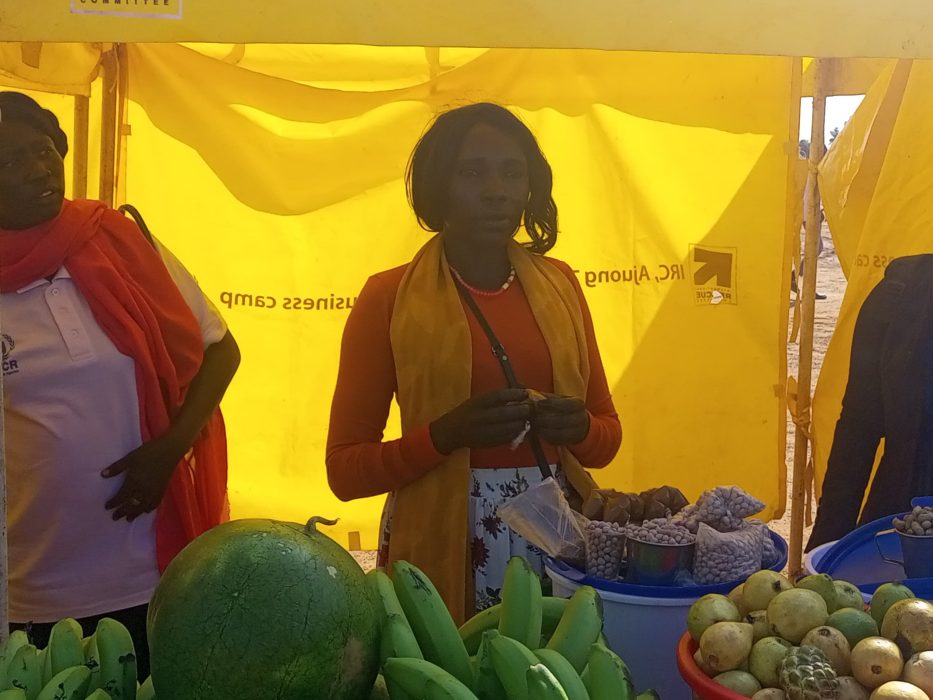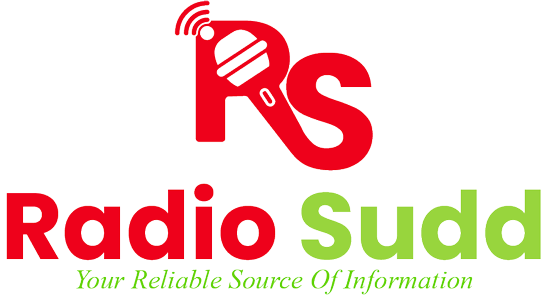
By Majok Guet Kuol | Bor, South Sudan
As South Sudan battles one of its toughest economic downturns in recent memory, the town of Bor is witnessing a quiet revolution led by its women. Amid soaring inflation, diminishing job opportunities, and widespread poverty, women are rising as the economic lifeline for their families — and, by extension, their communities.
From the bustling Marol Market to roadside stalls and modest restaurants, women are powering through adversity with determination and grit.
“Sometimes we go to bed without eating.”
At the break of dawn in Marol Market, 48-year-old Mama Rebecca lays out fresh vegetables for sale. A mother of five, she walks nearly two kilometers each morning — not for profit, but survival.
“Life is not easy in the market here,” she says. “When you buy something today, tomorrow the prices are different. Sometimes we go to bed without eating. The little money I get, I use it to pay school fees, buy medicine, and cook for my children.”
Rebecca’s business began in 2014 after returning from displacement during the 2013 conflict. But her once-thriving trade route to Pibor collapsed in 2017 after being looted. Despite setbacks, she stands resilient.
“Despite the dollar issues, I’m still committed. This business has helped me educate my children — my only son finished Senior Four, two others are in Senior Three. I’ve even built a house. It’s not easy, but it’s worth it.”
Even now, with inflation eating into her meager profits, Mama Rebecca remains determined — and encourages others to join the struggle rather than surrender to it.
“Young men with wives should support them to do business. The dollar crisis can only be overcome through hard work. Crying won’t help.”
From Tea to Ten Employees
Nearby, the aroma of fried chapati and simmering stew drifts from Rachel Aduai’s small restaurant. Once a simple tea shop, it now feeds dozens of people each day — though not without challenges.
“My sales have dropped almost by half,” says Rachel. “People ask for prices and walk away. Taxes, insecurity, and inflation are making it hard to even stay open past sunset.”
Left alone with six children in 2021, Rachel’s determination turned a one-woman tea stand into a business employing ten other women — a rare achievement in Bor’s harsh economy.
“I started with tea, added chapati, and now I run a restaurant. But even with this growth, it’s hard to sustain. Still, we try.”
Floods, Hunger, and Wild Meat
On the outskirts of Bor, 35-year-old Amol Deng sells wild meat — chunks of antelope or gazelle, depending on what hunters can find. After floods in 2020 destroyed her home and the World Food Programme ended food support in 2022, this business became her only source of income.
“There is nothing I get here, only a kilo of meat for my children and maybe 50,000 SSP. It’s not enough for school fees or medication.”
Amol relies on hunters for supply — often on credit — and worries about the coming rainy season.
“We’ve asked the government to go easy on hunters. This is how we feed our families. But when it rains, the animals hide, and hunters can’t get them.”
Shifting Household Dynamics
Not only women are adapting. Men like Lual Kuol Aleng, a former trader of Khartoum textiles, have seen their livelihoods vanish due to Sudan’s conflict and border closures. Now, Lual helps his wives sell salty fish.
“Taxes are too high, profits are low, but we try. Women are leading in business now — from selling fish and firewood to bringing goods from East Africa.”
He acknowledges a shift in traditional roles: many men are jobless, while women carry the economic burden.
“Men are mostly idle now. Some do farming or ride motorbikes. But women — they are the backbone. Even when sick, they’re in the market, trying to feed families.”
Lual adds that inequality in accessing national resources has worsened the crisis.
“Since the signing of the CPA in 2005, some people haven’t tasted the benefit of our resources. That’s why they can’t support their women the way others do.”
“Women are the backbone of this society.”
Rhoda Nyankiir Makuei, chairlady of the Women Rights Organizations Network in Bor, says inflation is devastating local women — and the government’s response has been lacking.
“Most empowerment programs have stopped, especially after USAID cuts. We are trying to link women to microfinance and vocational training, but support is very limited.”
Still, she’s inspired by their resilience.
“Even with the dollar rate so high, women push themselves every day to serve their customers, feed their children, and survive. They are the backbone of society in this economic hardship.”
Rhoda calls on the government and international partners to invest in targeted support for women — not just as a moral imperative, but as a pathway to economic recovery.
As South Sudan’s economy continues to falter, the women of Bor are not waiting for salvation — they’re creating it. Against all odds, they persist, adapt, and lead. Their efforts may not make headlines every day, but in the heart of Bor, they are nothing short of heroic.
This report was produced with support from Journalists for Human Rights under the ‘Tackling Mis/Disinformation Project,’ funded by the Peace and Stabilization Program of the Government of Canada.
